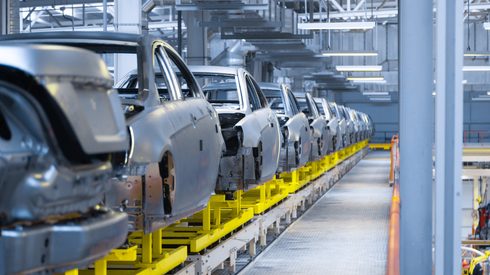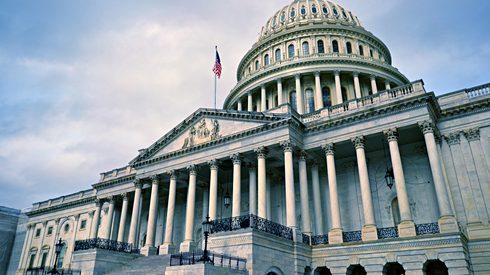Conference attendees learned about the UK’s key position in the supply of key materials at the inaugural London Indaba conference on Monday June 26.
The UK strengthening its partnership with Africa is a vital priority to secure the critical minerals it needs across a supply chain that must be transparent, Nusrat Ghani MP, UK Minister for the Department for Business and Trade, said during a keynote speech.
“We have financial expertise and relationships with Africa in London that is lacking in the United States… This technology and innovation leadership is what will help the UK the most in this strategy,” Ghani said.
The UK announced its Critical Minerals Strategy in July 2022 aimed at improving the resilience of 18 minerals deemed ‘critical’ to safeguard British industry. An updated policy paper was published in March 2023 which refreshed the UK government’s approach to secure long-term supply of critical minerals.
Ghani admitted that the Inflation Reduction Act (IRA) signed by US President Joe Biden in 2022 had brought challenges to the UK’s strategy, however she hoped for cross-collaboration between the two countries to ensure supply security.
“The IRA distorts supply chains between the US and China, it’s been a huge challenge, many multinational companies have had issues because the lure of the United States is so huge now.”
The finance incentives provided by the IRA and the EU’s Critical Raw Materials Act (CRMA) have encouraged businesses to re-examine investment opportunities in the respective regions to take advantage of the funding provided. An issue that Ghani felt the UK could not compete with on a purely funding basis.
“No one will have pockets as deep as the United States and the EU, every nation wants to protect its own manufacturing capabilities, so we as the UK must set up alignment with other regions,” she said.
Ghani also highlighted the need for transparency in investment into Africa whilst also wanting to avoid penalizing developing countries for “trying to do the right thing”.
Asked what the UK can do to help African countries become better investment opportunities, Ghani felt supply chain transparency is key.
“[Transparency] is the big engagement for investment, reducing corruption and improving accountability… high [Environmental, Social and Governance] scores really do matter here but we must walk before we can run.”
Keep up to date with global market insights and predictions for 2023 and beyond with our NewGen forecasts.






